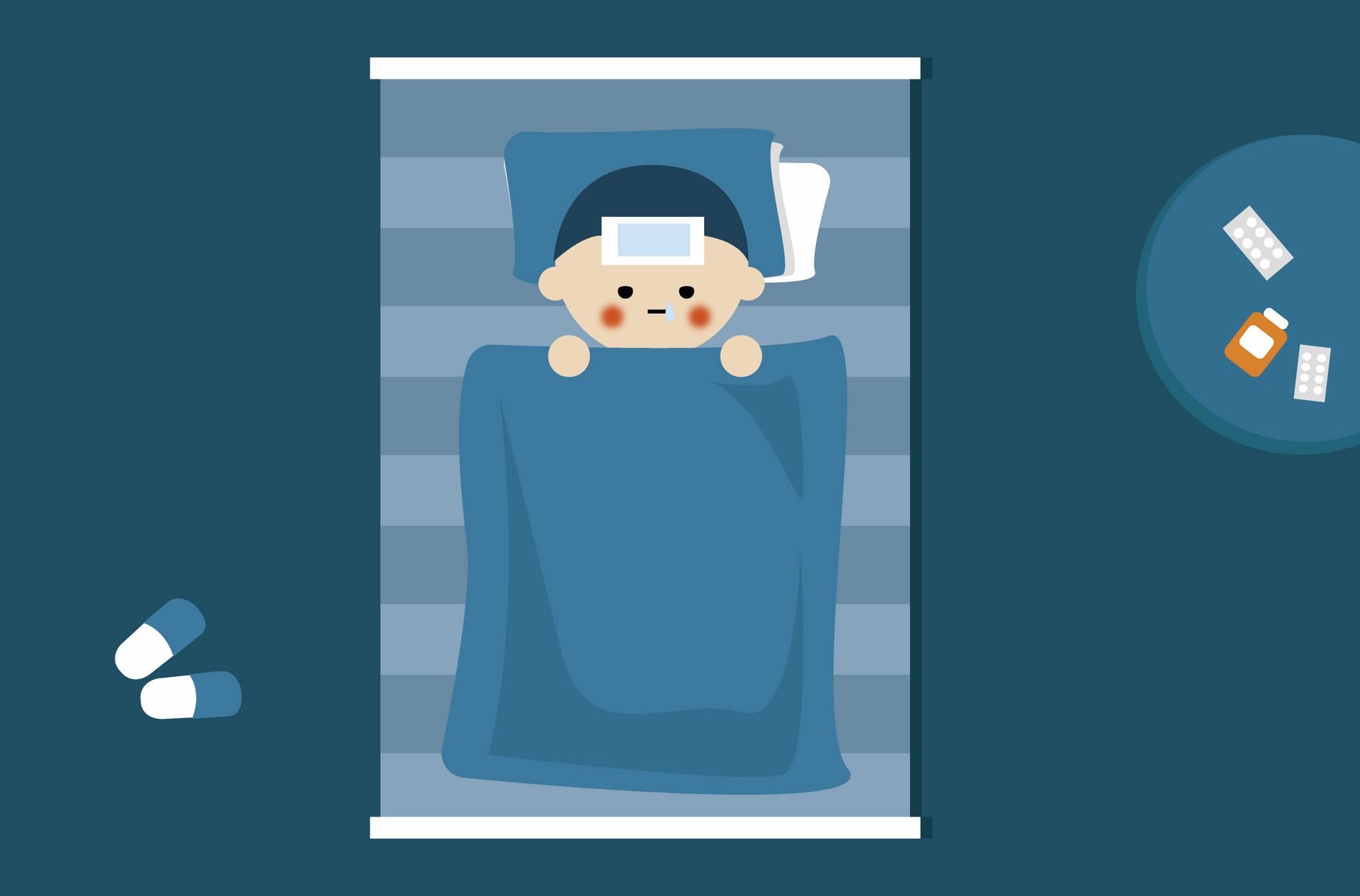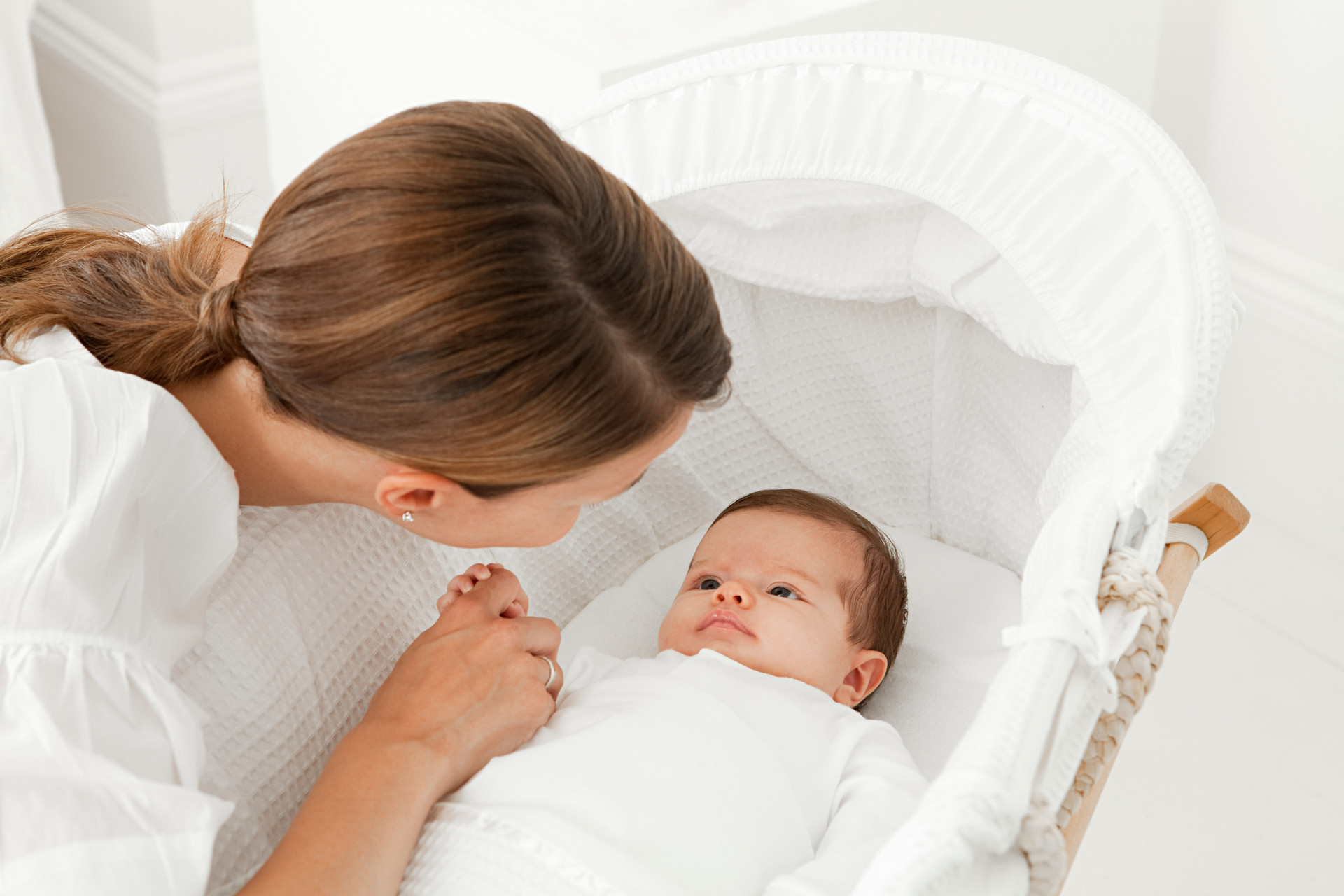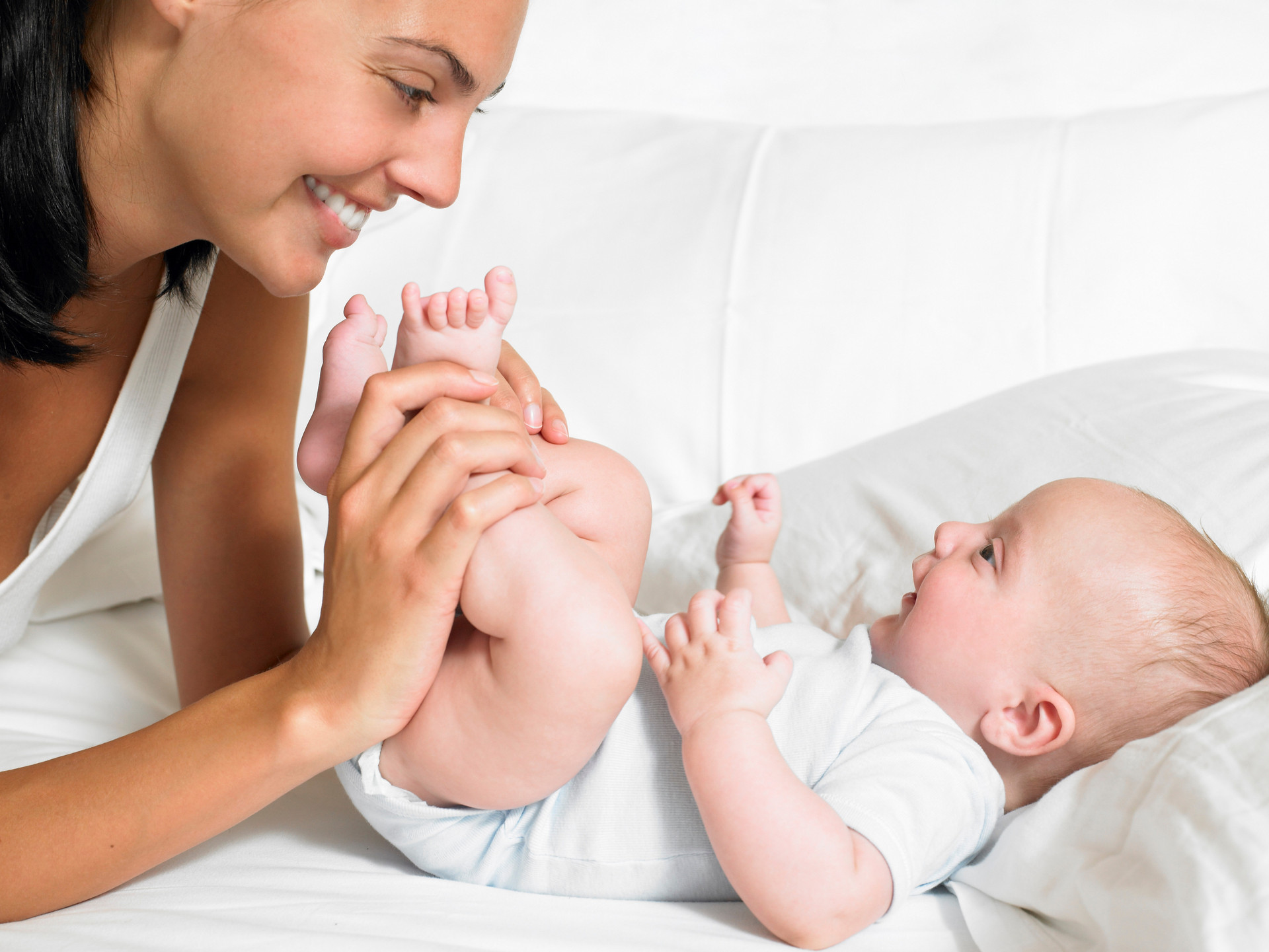Hand, foot, and mouth disease can be prevented and treated, with a focus on prevention. Developing good hygiene habits is the most important, including environmental hygiene and personal hygiene. Whether it's babies or caregivers, everyone should pay attention and not give the disease a chance to spread. To prevent hand, foot, and mouth disease, caregivers should pay attention to the following points.

1. Wash hands frequently
Before and after meals, and after going out, children should wash their hands with soap or hand sanitizer. Do not let children drink untreated water or eat raw or cold food, and avoid contact with infected children. Caregivers should wash their hands before touching children, and wash hands after changing diapers or handling feces, and handle waste properly.
2. Clean bottles
Bottles and pacifiers used by infants and young children should be thoroughly cleaned before and after use.
3. Avoid public places
During the outbreak of this disease, it is not advisable to take children to crowded public places with poor air circulation to avoid infection.

4. Maintain environmental hygiene
Pay attention to maintaining the cleanliness of the home environment, and ventilate the rooms frequently. Dry and sun-dry bedding regularly. Children receiving home treatment should not come into contact with other children. Parents should promptly air-dry and disinfect the child's clothes, and disinfect the child's feces in a timely manner. For children with mild symptoms, hospitalization is not necessary, and home treatment and rest are recommended to reduce cross-infection.
Friendly reminder: Since caregivers are the ones who come into contact with babies the most, caregivers should maintain good personal hygiene while maintaining the baby's cleanliness, otherwise it is easy to cause cross-infection to the baby.












